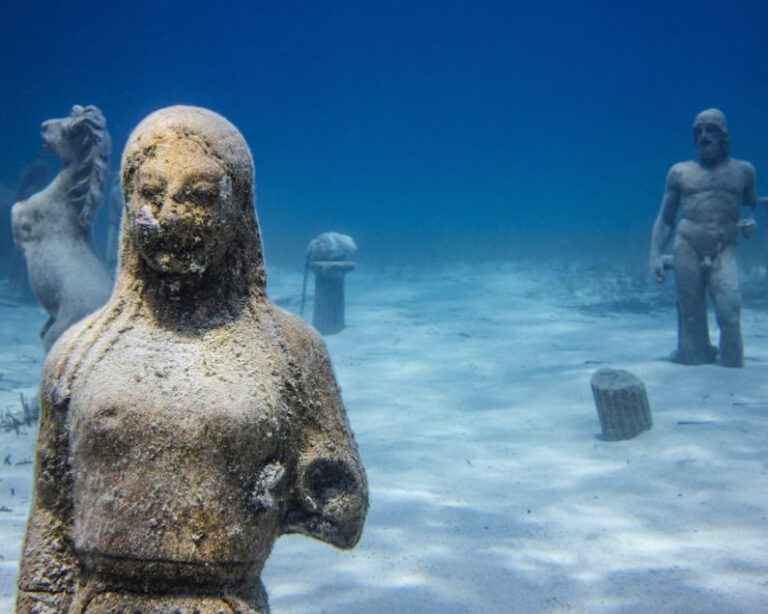Coral Reef Restoration Robots: Guardians of the Sea
Coral reefs are the vibrant underwater ecosystems that support a quarter of all marine life. However, these vital habitats are under threat from factors such as climate change, pollution, and overfishing. As a result, coral reefs around the world are deteriorating at an alarming rate. In response to this crisis, scientists and engineers have turned to innovative technologies to aid in the restoration of these precious ecosystems. Among these technologies are coral reef restoration robots, which are emerging as the new guardians of the sea.
Revolutionizing Coral Reef Restoration
Traditional methods of coral reef restoration involve human divers manually planting new coral fragments onto damaged reefs. While effective, this process is time-consuming and labor-intensive. Coral reef restoration robots are changing the game by automating and streamlining the restoration process. Equipped with advanced sensors and artificial intelligence, these robots can identify suitable locations for coral transplantation, plant coral fragments with precision, and monitor the growth and health of the newly transplanted corals.
The Role of Coral Reef Restoration Robots
Coral reef restoration robots play a crucial role in accelerating the recovery of damaged reefs. By automating tasks that would typically require human intervention, these robots can cover larger areas of reef in a shorter amount of time. This increased efficiency not only speeds up the restoration process but also allows for the implementation of larger-scale restoration projects that would be impractical or unfeasible with manual labor alone.
Furthermore, coral reef restoration robots can operate in challenging underwater environments that may be too dangerous or difficult for human divers to access. This capability enables these robots to reach remote or deep-sea reef sites that are in urgent need of restoration but are beyond the reach of traditional restoration methods.
Environmental Benefits of Coral Reef Restoration Robots
The deployment of coral reef restoration robots offers numerous environmental benefits. By aiding in the recovery of damaged coral reefs, these robots help to restore critical habitat for marine biodiversity. Healthy coral reefs support a wide variety of marine species, from fish to invertebrates, providing essential food and shelter for countless organisms. Additionally, coral reefs play a vital role in protecting coastlines from erosion and storm damage, making their restoration crucial for coastal communities.
Moreover, healthy coral reefs contribute to the overall health of the marine ecosystem by promoting nutrient cycling, carbon sequestration, and oxygen production. By bolstering the resilience of coral reefs through restoration efforts, coral reef restoration robots are not only safeguarding marine biodiversity but also enhancing the ecosystem services provided by these vital habitats.
Challenges and Future Prospects
While coral reef restoration robots show great promise in aiding the recovery of damaged reefs, there are still challenges that need to be addressed. Issues such as cost, scalability, and long-term monitoring remain obstacles to the widespread adoption of these technologies. Additionally, ensuring that coral reef restoration robots operate in an environmentally sustainable manner is essential to avoid unintended negative impacts on marine ecosystems.
Looking ahead, continued research and development in the field of coral reef restoration robotics are key to overcoming these challenges and maximizing the potential of these innovative technologies. By refining the design and capabilities of coral reef restoration robots, scientists and engineers can further enhance their effectiveness in restoring and protecting these invaluable marine ecosystems.
In conclusion, coral reef restoration robots are emerging as powerful allies in the fight to save the world’s coral reefs. By automating and accelerating the restoration process, these robots are playing a vital role in preserving the biodiversity and ecosystem services provided by coral reefs. While challenges remain, the continued development and deployment of coral reef restoration robots offer hope for the future of these fragile and vital marine ecosystems. As guardians of the sea, coral reef restoration robots are paving the way towards a more sustainable and resilient marine environment.






